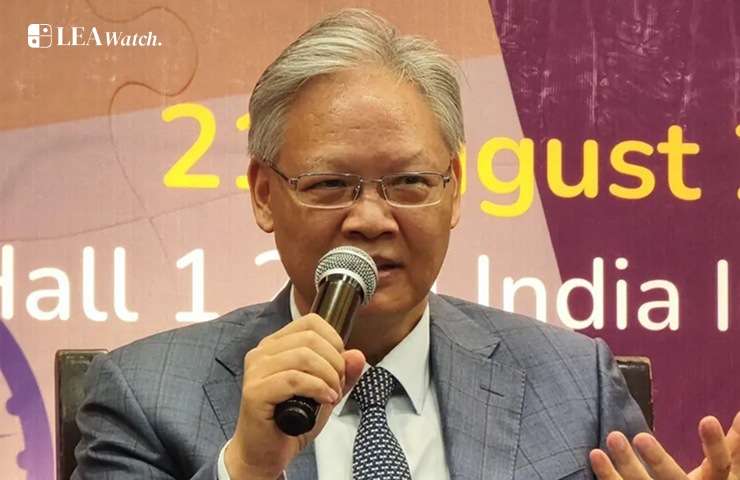The decision of the United States to impose 50 percent tariff on Indian goods has drawn harsh backlash from Beijing, as Chinese Ambassador Xu Feihong described Washington as a “bully.” China has openly opposed America’s tariff war and offered support to India by asking both countries to be a “double engines” of the Asian growth. This is a watershed moment for India. While Delhi has stood firm on buying discounted Russian oil to safeguard its energy security, U.S. pressuring India, which has soured trade relations and effectively suspended talks.
Nevertheless, Beijing seems to be signalling a thaw in relations with India. Foreign Minister Wang Yi described the two countries as “partners, not adversaries,” which is a positive sign of the tone the two sides are trying to calibrate. This reconfiguring of relations has important global geopolitical ramifications. A closer India-China alignment, even if tactical, challenges Washington’s dominance in Asia.
The U.S. sees India as a counterweight to China, but its tariff aggression risks pushing Delhi and Beijing toward pragmatic cooperation. By defending its strategic autonomy and resisting U.S. dictates, India is reshaping the balance of power. The message is very clear: India will prioritize its energy security and sovereign options even at the cost of recalibrating relations with Washington and Beijing.

